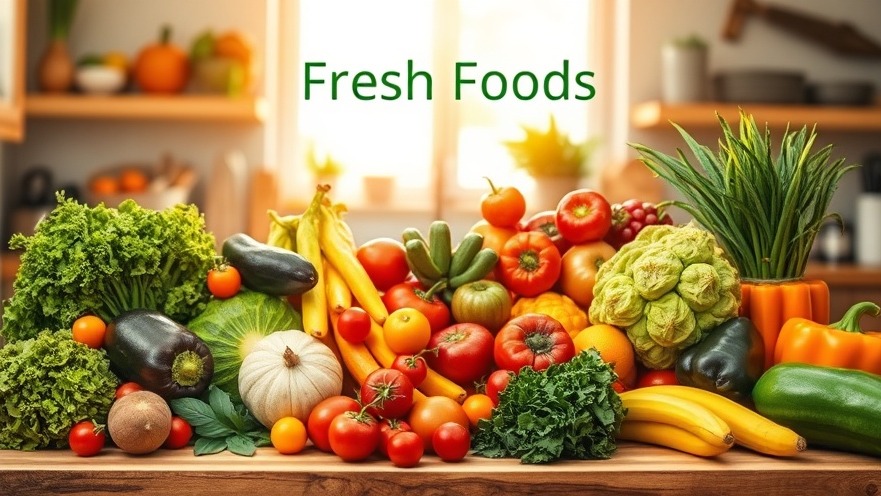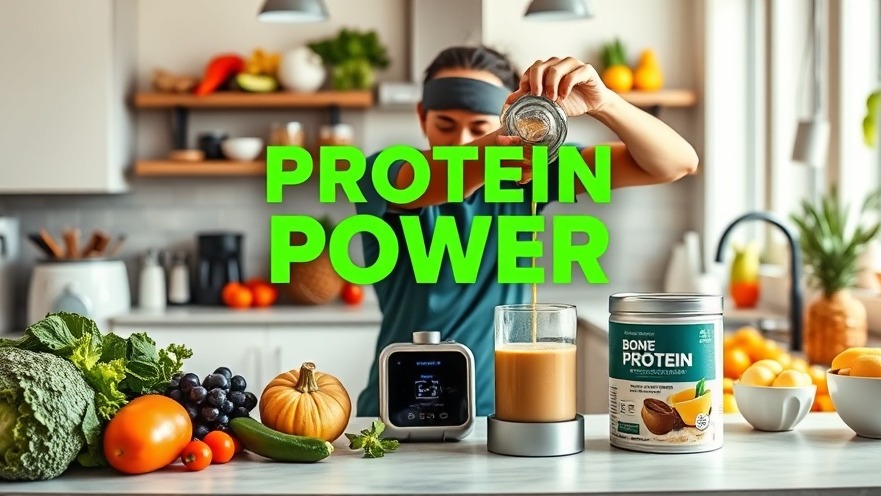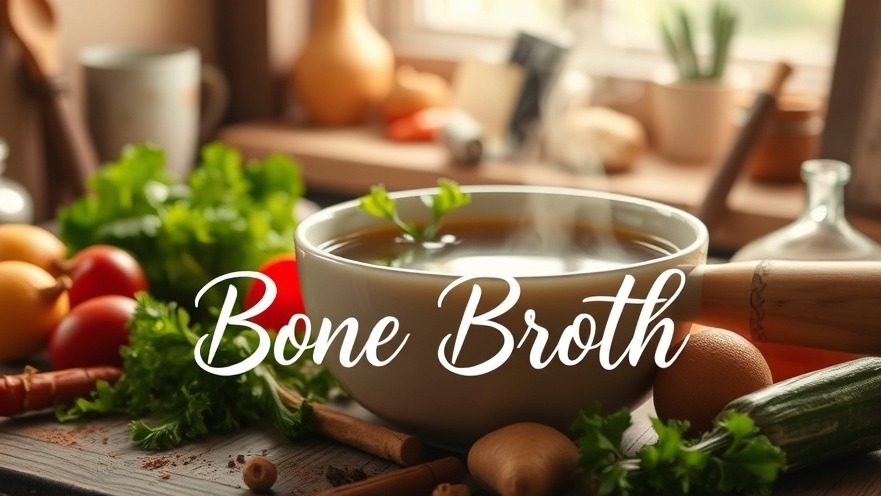
The Misconception about Food Freshness
Have you ever noticed how some people swear that healthier foods tend to spoil faster? This common belief suggests that organic produce and whole-grain items decay quickly due to their lack of preservatives. However, research challenges this notion, revealing that the speed of food spoilage often depends more on its type and handling than whether it's healthy or processed.
Why Fresh Foods Might Seem to Spoil Faster
One reason this myth persists is that fresh fruits and vegetables often do have shorter shelf lives compared to canned or processed alternatives. Nutritious items like berries or greens can spoil rapidly because they lack preservatives that extend calorie-dense foods’ longevity. Therefore, it’s essential to understand proper storage techniques to maximize freshness.
Storage Tips for Healthy Foods
If you want your nutritious foods to last longer, consider these tips: store berries in a dry place and avoid washing them until you're ready to eat, and keep leafy greens in breathable bags in the refrigerator. These small adjustments can help maintain the quality of your favorite healthy foods and dispel the myth that eating well means dealing with constant spoilage.
Understanding Food Quality versus Shelf Life
It’s important to differentiate between food quality and shelf life. A fresh tomato may spoil faster than a shelf-stable pasta, but it also offers greater nutrition and flavor. As you curate your family meals, focus on the quality of ingredients rather than just their longevity. And remember, eating fresh doesn’t mean throwing away money; it’s an investment in health!
Final Thoughts: Changing Our Perspectives
The next time you hear someone say healthier food goes bad faster, gently remind them that freshness and health are intertwined in our choice of ingredients rather than their preservation methods. By making informed decisions and practicing mindful storage techniques, you can enjoy healthy meals that last!
 Add Row
Add Row  Add
Add 




Write A Comment